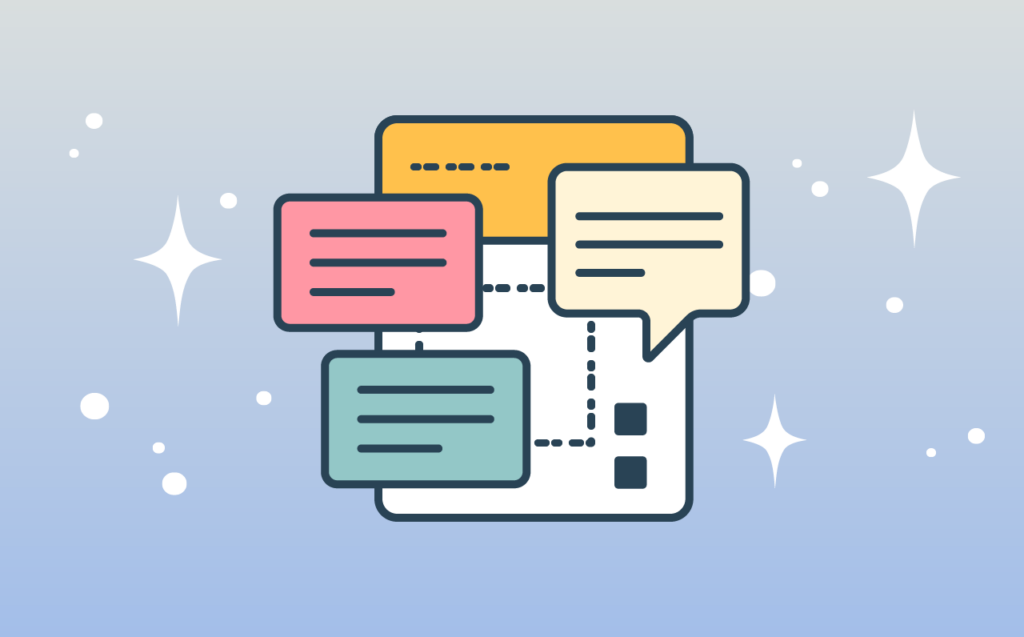Therapy is a sacred, shared journey between a clinician and their client that aims to put them on a path toward improved mental health and functioning. Clinicians are charged with the important mission of helping those in their care work through difficulties, stresses, and traumas, with a professional toolkit that consists primarily of their training and experience.
But in this day and age, technology could play a crucial role in the journey.
In the world of mental and behavioral health, Artificial Intelligence (AI) is opening up new possibilities and capabilities for psychotherapists and other mental health professionals. For one psychologist, the use of AI, data, and therapy-specific voice analysis has enhanced his clinical practice considerably.
Lior Biran, a clinical psychologist who specializes in a form of therapy called ACT (Acceptance And Commitment Therapy), said the use of Eleos’ care intelligence solution powered by actionable clinical insights and AI has allowed him to be more present and invested in his clients’ sessions. The solution (HIPAA-complaint) captures the session, analyzes the content, provides a summary of the prominent themes and processes taking place, and offers valuable insights for future treatment avenues. It also automates a key, time-consuming part of a clinician’s workflow – note-taking and progress note writing.

Biran described the use of the Eleos digital platform as a form of self-supervision where he can gain a wider perspective into a session and into a client’s needs for better treatment outcomes- all without changing existing workflows.
“The knowledge that there is the ability for me to listen and process the session later makes me more cognizant. I can go back to certain parts of the conversation and see where I started to drift, for example, or where I interrupted or didn’t pick up on something important in real-time,” Biran explained.
Biran said the introduction of the technology has also made him more sensitive to the “rhythm” of a session, whether or not he is following evidence-based guidelines, and to the personal connection. “I can better pick up on what a client is responding to; it can be very subtle and I can pinpoint it more easily, and return to the next session with a better understanding” of the therapeutic alliance – the working relationship between the clinician and the client.
“I can better pick up on what a client is responding to; it can be very subtle and I can pinpoint it more easily, and return to the next session with a better understanding”
Biran attributes great importance to the therapeutic alliance and says there is a growing body of research in the psychotherapy community that points to this clinician-client relationship as being a crucial factor that determines progress and success together with the usage of evidence-based treatment. But therapeutic alliances, he said, can become threatened if a therapist is not fully attuned to processes and feelings that can hinder or break down the working relationship with the client.
With the AI-powered platform, Biran said he is able to pick up on potential “hot spots” within the treatment earlier and with more accuracy, and address the issues before they intensify and render the strains in the therapeutic alliance irreversible.
“I can pay closer attention to the relationship itself. There are things that are more apparent in hindsight, and having those insights and feedback helps. I can tend to places I feel I wasn’t ‘there’ enough, or wasn’t sensitive enough (or too sensitive)” for example, Biran noted.
Another tool that enhances accuracy is the integration of questionnaires and self-reported progress by clients in-between sessions, known as measurement-based care. Biran said this added information can offer unprecedented insight into the client’s symptoms, and that once a therapist has more real-time data on how the client is doing, it allows the client to feel more heard and improve faster.
“I am able to monitor a client’s well-being after each session; how they feel about the session with me, what they are going through, how they feel afterward, and intervene accordingly”
This real-time collection of information using the Eleos solution provides an authentic, more complete picture of the client’s state between sessions. Some clients may be reluctant to share their feedback in the next meeting or just forget how they really felt over the week, therefore withholding data that is key to treatment planning and delivery.
This has been missing from traditional therapy and could impact outcomes. Biran is hoping to use the Eleos system more widely to offer better therapy, and tools for a better, measurement-based treatment outcome for his clients.

